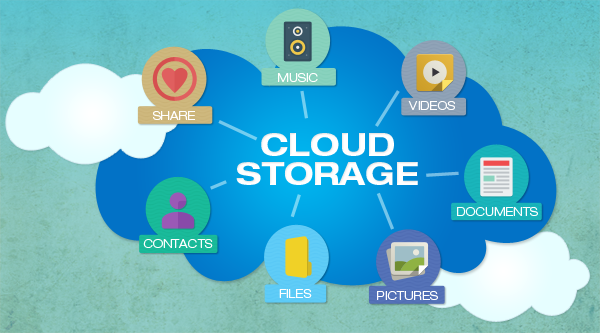With the increasing reliance on mobile devices, it has become essential to share contacts between devices. One way of doing this is using cloud services, which allow you to store and access your contacts from any device with an internet connection. The easy way is to use third-party services like https://sharedcontacts.com/ . However, there are pros and cons to using cloud services for sharing contacts. This article will discuss the advantages and disadvantages of using cloud services to share contacts between devices.
Pros of using cloud services to share contacts between devices
- Easy access from any device: One of the primary advantages of using cloud services to share contacts is its convenience. Once your contacts are stored in the cloud, you can access them from any device with an internet connection. This means you don’t have to worry about transferring contacts manually from one device to another.
- Automatic syncing: Cloud services offer automatic syncing, which means any changes you make to your contacts on one device will be reflected on all your other devices. This saves you the hassle of manually updating your contacts on each device.
- Backup and recovery: Cloud services provide a backup of your contacts, which can be easily recovered in case your device is lost or damaged. This ensures that you don’t lose your important contacts.
- Collaboration: Using cloud services to share contacts can be a great way to collaborate if you work in a team. You can share your contacts with your team members and update them in real time. This ensures that everyone is on the same page.
- Security: Most cloud services use encryption to protect your contacts from unauthorized access. This ensures that your contacts are secure and protected.
Cons of using cloud services to share contacts between devices
- Dependence on internet connection: One of the primary disadvantages of using cloud services to share contacts is that you need an internet connection to access your contacts. You won’t be able to access your contacts if you don’t have an internet connection.
- Privacy concerns: When you store your contacts in the cloud, you entrust your personal information to a third-party service. This raises privacy concerns, especially if the service has a history of data breaches.
- Cost: While many cloud services offer free storage, some charge additional storage fees. This can add up over time, especially if you have many contacts.
- Limited control: When you store your contacts in the cloud, you give up some control over them. For example, you may not be able to customize the fields for each contact or add custom notes.
- Compatibility issues: Some cloud services may not be compatible with all devices or operating systems. This can limit your ability to access your contacts from certain devices.
Conclusion
In conclusion, using cloud services to share contacts between devices has pros and cons. While cloud services offer convenience, automatic syncing, backup and recovery, collaboration, and security, they also have downsides, including dependence on the internet connection, privacy concerns, cost, limited control, and compatibility issues. It’s up to you to decide whether the benefits outweigh the risks and choose the right cloud service that meets your needs. Whatever your decision, ensure you know the risks involved and take appropriate measures to protect your personal information.
